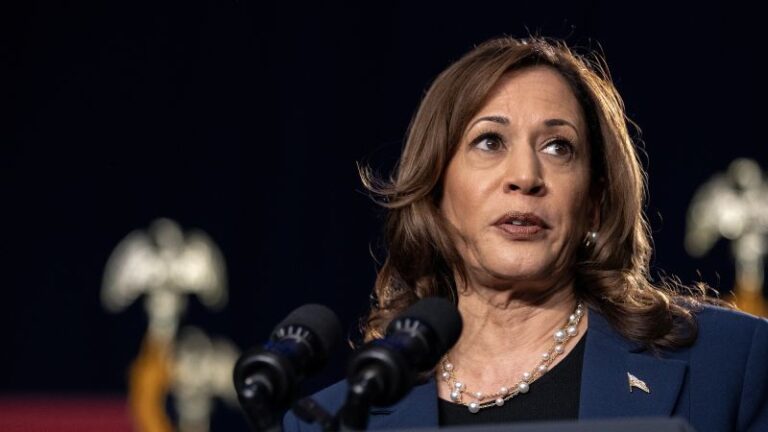Vice President Kamala Harris’ presidential campaign sparked controversy over the weekend with a now-debunked claim of a 2021 endorsement by Republican VP nominee JD Vance for the conservative initiative known as Project 2025.
The Harris campaign circulated a video via social media, falsely attributing Vance’s comments as an endorsement of Project 2025, an agenda developed by The Heritage Foundation and various conservative organizations for a prospective second term for former President Donald Trump.
These political maneuvers come ahead of the highly anticipated 2024 presidential elections, with Project 2025 serving as a prominent point of contention. The 920-page blueprint, outlining radical modifications to conservative policies and the executive branch, has been a central target for the Democrats in this election campaign season.
Despite receiving extensive blowback, the Harris campaign has not issued a retraction or public apology. Instead, officials from the campaign defended their strategy, arguing that their aim to label all Trump-era policies as “Project 2025” has resonated with voters.
However, this claim isn’t grounded in reality. JD Vance, the Ohio senator in question, had not actually made any endorsements or even comments on Project 2025 in the video shared by the Harris campaign. In fact, Project 2025 was not even initiated until April 2022, a year after Vance made the comments that were misattributed to an endorsement of it.
Existing ties between Vance and some key drivers of Project 2025 are undeniable. Notably, Vance composed the foreword for an upcoming book by Kevin Roberts, the president of The Heritage Foundation and architect of Project 2025. However, at the time of Vance’s comments in May 2021, Roberts was not employed by the Heritage Foundation.
More vitally, both Vance and Trump have distanced themselves from granting any broad endorsement of the initiative. Vance has gone on record acknowledging some positive ideas in Project 2025, but also noted disagreements, clarifying that the initiative does not have formal ties to the Trump campaign.
Trump too, has been selectively critical of the initiative’s proposals, describing some as “seriously extreme” and “absolutely ridiculous,” while stating that he finds “many of the points” agreeable.
Political experts argue that these campaign tactics reveal the heightened polarization in American politics. The onus now lies on voters to discern fact from political spin as the 2024 elections draw closer.
